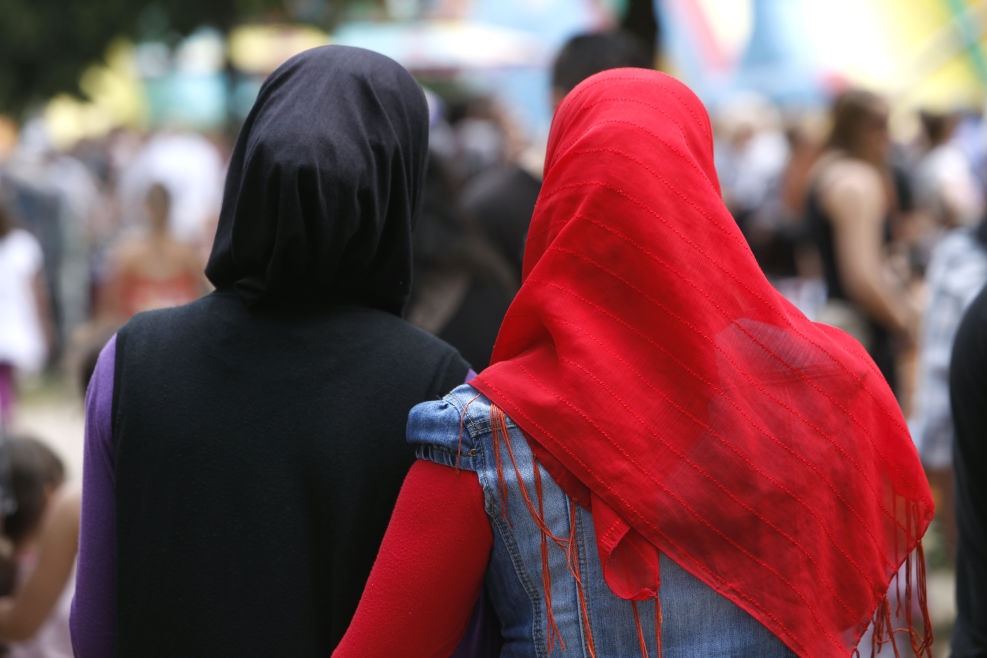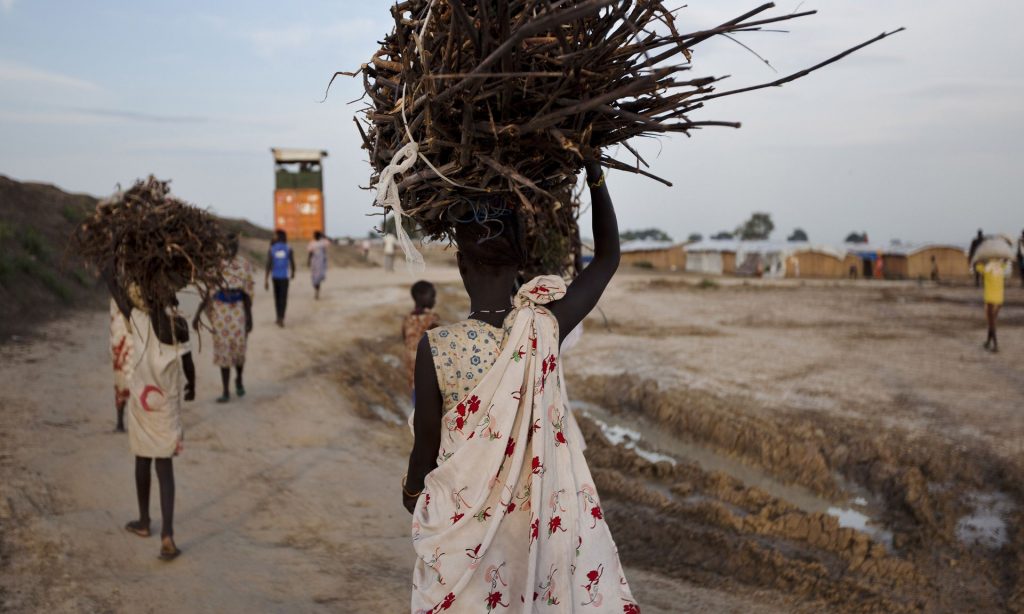Sitting in her half-stocked chemist on the outskirts of Kapsabet, a sleepy farming town in the Kenyan highlands, Joselyn Jelimo, watched pensively as people walked, cycled and rode motorbikes to and from the nearby market.
Jelimo was not troubled by the lack of customers but by the loss of her home, which her husband forced her and their two children to leave when they separated five years ago. He now lives in the house with another woman.
“We were married for 13 years and I didn’t expect him to do such a thing,” she told the Thomson Reuters Foundation.

Kenya has one of Africa’s most progressive constitutions, guaranteeing equal rights to own property, but culture often takes precedence, leaving thousands of women at risk of homelessness and poverty.
Less than five percent of title deeds are held jointly by men and women or by women alone, according to the Federation of Women Lawyers in Kenya (FIDA), an advocacy group.
Jelimo bought the half-acre plot in Kapsabet with a 300,000 shilling ($2,956) loan, but she allowed her husband to register it in his name as he was the one who negotiated with the seller, she said.
Local officials – some of whom were women – could not persuade Jelimo’s husband to allow her to return to the house.
“They told me: ‘This is a family affair. Go and settle those issues at home’,” 36-year-old Jelimo said.
One district officer told Jelimo that her husband was “so handsome any woman would admire to have him”, she said.
Jelimo has not gone to court because she hears that it is expensive and she is too poor to hire a lawyer.
EQUITABLE ACCESS
In the lush green hills of the Great Rift Valley, women in headscarves with toddlers tied to their backs toil in the midday sun to grow food for their families and local markets.
The World Bank estimates that women run more than three-quarters of Kenya’s farms. But men are the traditional decision-makers and landowners among Nandi farmers and herders. Women are regarded as inferiors, like children, Jelimo said.
Attitudes are changing slowly. Women won about eight local leadership positions in Nandi County in 2017, compared to one seat in the 2013 elections.
But this has done little to help women bridge the gulf between cultural traditions and recent equality laws.
Kenya’s 2010 constitution promises equitable access to land and to eliminate gender discrimination in law, customs and practices related to property.
There has been little action on the ground, said Karin Fueg deputy director for UN Women in Kenya.
“We need to raise the awareness,” she said. “Access to information is an issue and also the old question of mindsets and cultural stereotypes.”
In addition, the 2013 Matrimonial Property Act gives divorced women joint rights over property they lived on and owned with their husbands and prevents any land transfer without their consent.
But many women are unaware of these rights. Most believe they can only own land by buying it themselves. Men often evict women from shared property, taking advantage of their ignorance and the inaccessibility of the courts, experts say.
“Despite the fact that the constitution stipulates that women can own land, our people have not yet accepted that,” said 27-year-old Nancy Chemutai, one of six women elected to Nandi’s county assembly.
“They feel that women are still weak and cannot get title deeds to own land … (If) you are a hardworking lady, you can go buy land somewhere else but not here.”
‘IT WAS MINE’
Magdalene Chepkosgey, a teacher, is also struggling to keep a roof over her head after her marriage broke down.
When she married, her father-in-law gave the young couple a piece of his land, which was not titled.
“I lived and tilled there, knowing it was mine,” she said.
About two-thirds of Kenya is owned by communities without formal title deeds, usually passed down from father to son. This makes it hard for women to secure rights except through their husbands – often the only parties recognised in community deals.
When Chepkosgey’s husband walked out in 2012, he left her and the children in the family home. He later took out a title deed in his father’s name and remarried.
In the countdown to Kenya’s August elections, he tried to sell the land to raise funds to run for a political position.
Local leaders intervened to stop Chepkosgey being evicted from the house. But she does not know how to secure her home.
“If I go for a divorce, my fear is I will lose the land,” she said.
“I don’t know how I can get this title deed under my name.”

